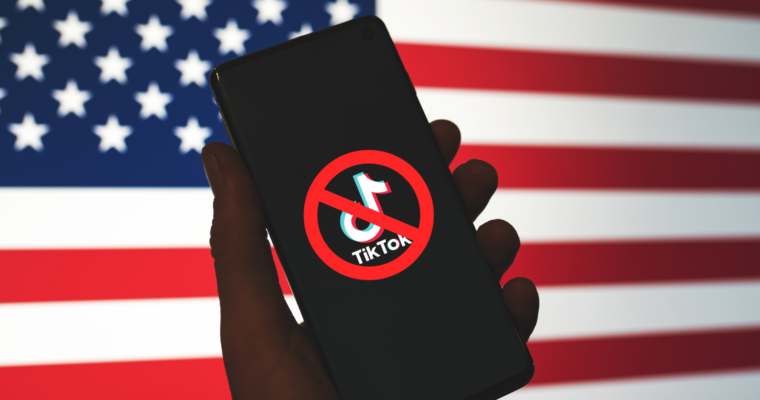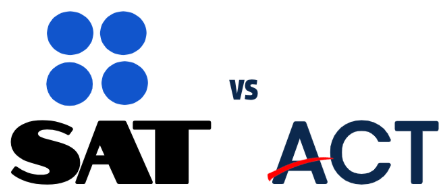The TikTok Trials: Government Crackdowns & Weddington Students Weigh In
May 3, 2023
A Brief Overview:
TikTok was launched in 2016, and became popular in 2019, and has been ever since. The app has over 1 billion users, 100 million of those in the US. However, there have been many concerns from both federal officials and security experts, who are stating that the Chinese Communist Party (CCP) could have unlimited access to the data of Americans. TikTok’s parent company, ByteDance, is subject to a national security law that requires it to give data to the Chinese authorities when requested. “The biggest issue is that users are largely unaware of the true risks of foreign governments using their data. People would be shocked about how our tails of breadcrumbs from our mobile devices and other platforms can be used in different ways that can be a threat to national security,” said Anton Dahbura, the executive director of the Johns Hopkins University Information Security Institute.
The effort to ban TikTok in the US is mostly being pushed by Republicans in Congress, who are concerned that ByteDance could be using user data to track browsing history and location and possibly creating misinformation. “Anyone with TikTok downloaded on their device has given the CCP a backdoor to all their personal information. It’s a spy balloon into their phone,” said Michael McCaul, a Texas Republican Representative who’s a member of the House Foreign Affairs Committee that sponsored the TikTok ban bill. Some Democrats are also beginning to show their support of the bill, alongside the Republicans, making it a bipartisan bill.
TikTok is adamant that the bill won’t address security concerns. In a statement to TIME Magazine, a spokesperson for the app said, “If protecting national security is the objective, divestment doesn’t solve the problem: a change in ownership wouldn’t impose any new restrictions on data flows or access. The best way to address concerns about national security is with the transparent, US- based protection of US user data and systems, with robust third party monitoring, vetting, and verification, which we’re already implanting. Earlier this month, TikTok CEO Shou Zi Chew testified on Capitol Hill, and lawmakers on both sides of the aisle challenged him over the possible security risks from the app.
-Hannah Moses
Government Concerns & Challenges:
As the federal government considers the possibility of banning TikTok, it is believed that even with political support from Washington, they may not have the regulatory and legal power to remove the app from American phones. The United States government is attempting to regulate the popular social media app TikTok; however, they face a series of complex challenges. These challenges stem from various factors, including TikTok’s high valuation, antitrust concerns, and resistance from ByteDance, the owner of the app, which makes it difficult to sell.
One of the primary issues facing the US government is the valuation of TikTok. In 2020, the app’s value reached almost $100 billion, making it one of the most valuable apps globally. This high valuation presents a challenge for the government, as it would require a significant investment to remove ByteDance, given the large volume of users on the platform.
Another challenge facing Washington is the potential for antitrust concerns. If ByteDance were to sell TikTok, it is possible that the buyer could become dominant in the social media market, leading to concerns about unfair competition. Additionally, if the U.S. government were to directly ban TikTok, they could face legal challenges related to antitrust laws.
Perhaps the most significant challenge facing the U.S. government is expected resistance from Beijing. The Chinese government has already taken steps to prevent ByteDance from selling TikTok, and any attempt by Washington to force a sale could lead to further tension between the two countries. This could include retaliatory measures against U.S. companies operating in China or increased restrictions on Chinese investment in the United States.
In conclusion, the challenges facing the U.S. government as they attempt to regulate TikTok are complex and multifaceted. From TikTok’s high valuation to antitrust concerns and resistance from ByteDance, there are significant obstacles to achieving regulatory goals. While a direct ban on the app may be an option, it is unclear whether the government has the legal authority to do so without new legislation from Congress. Therefore, the future of TikTok in the United States remains uncertain, and the debate over the app’s regulation is likely to continue for the foreseeable future.
-Shanmukhi Keesari
Weddington Witnesses:
Out of 50 students interviewed, 12 were for the ban and 38 against.
Out of 10 teachers interviewed, 7 were for the ban and 3 against.
Anonymous student responses to interviews:
Question: Are you for or against the TikTok ban?
Answer: “I don’t know because I use it but I don’t necessarily think it’s good for me, but I use it all the time. So I don’t really have an affirmative answer for that.”
Q: Do you think that TikTok should be banned?
A: “I’m against it, because of the other stuff in it that makes it so that they can see anything that you do when you are connected to WiFi. And that is against the law.”
Q: Do you agree or disagree with the TikTok ban?
A: “I don’t agree because I think that it is stupid.”
Q: How do you feel about the TikTok ban?
A: “I don’t even know why it is happening, so I’m against it. I think that TikTok is cool and for some people it helps bring money into the home, like I know this one girl that is twelve and she is struggling and her mom made an account on TikTok which helps them.”
Q: How do you feel about the TikTok ban?
A: “Well, I don’t think that we should ban TikTok. I think that if people want to stop sing TikTok that should be up to them and their choice. I don’t think that the app should be banned entirely because there is a lot of good that comes out of it and a lot of new ideas, and things are spawned from it and young minds are given the opportunities to express themselves.”
Interviews done by Khushi Rathod.









